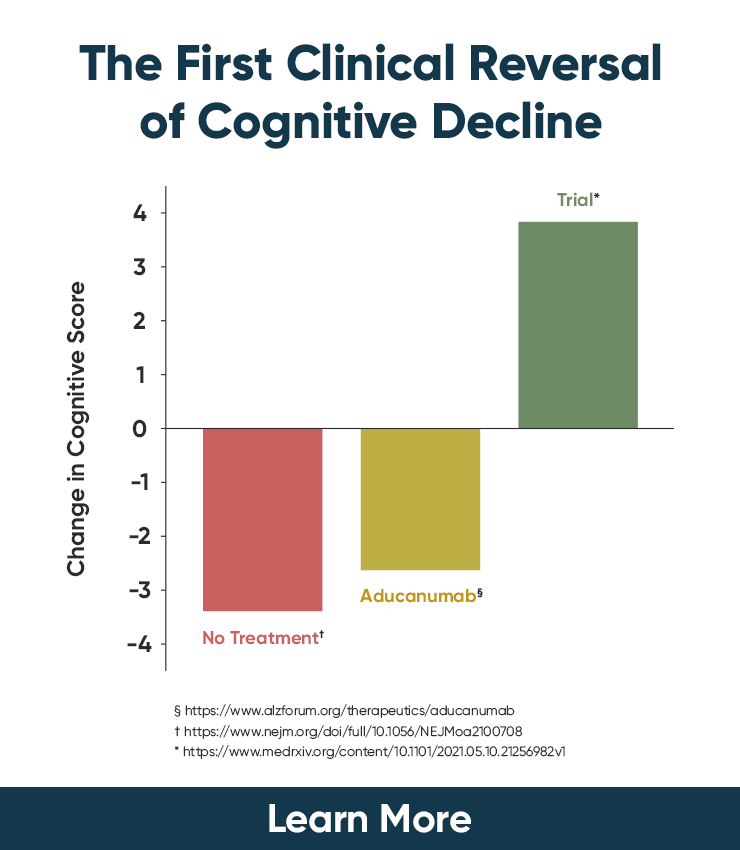July 17, 2021
The Importance of Chewing

By Ram Rao, Ph.D., Principal Research Scientist for Apollo Health
Before you start reading this article, reflect on your food habits, especially when you put the food into your mouth. Do you gulp the food, partially chew it or chew until the food is of a soupy consistency before you swallow it? Several research studies point to the importance of chewing and its close association with cognition. Chewing, also called mastication, involves up-and-down and side-to-side movement of the jaw muscles that assist in reducing particles of solid food. When food enters the mouth, the jaw muscles position the food between the teeth for grinding and crushing. Multiple neural circuits connect the jaw muscles to the brain tissue, and this exchange of information allows the brain to determine how much force, strength, and enzyme activity are needed to transform the food into a bolus (food that has been chewed and mixed in the mouth with saliva to a size that can be easily swallowed).
The chewing action also releases salivary contents that facilitate proper digestion. As chewing continues and the food becomes softer, both the food and the saliva work their way into the esophagus and stomach where the next step of digestion occurs. When the saliva levels reach a certain threshold in the stomach, the satiety centers in the brain get stimulated, and the brain sends ‘I-feel-full’ signals to the stomach. Thus proper chewing allows the individual to feel full with just a few morsels of food. In addition, research studies show that the more you chew, the less you end up eating and the more calories you burn during the process. For that reason, I consider chewing as one of the most natural and safe methods to dampen the hunger response and lose excess fat.
Chewing food well also promotes good sleep, helps to defog the brain, and overcomes negative emotions. Incidentally, the regions in the brain that regulate the eating process are also involved in memory, attention, and learning. Chewing increases cerebral blood flow and activates these brain regions that are essential for cognitive processing. Researchers are now discovering that improper chewing triggers alterations in the memory centers of the brain, leading to poor spatial learning and memory deficits. Mastication (the act of chewing) is needed for peripheral sensory input to the brain for preserving and promoting cognitive function; thus, masticatory dysfunction (failure to chew) results in morphological and memory impairments, especially in older individuals. Epidemiologic studies demonstrate that a decreased number of residual teeth, decreased denture use, and a poor biting force all contributes to the development of dementia, further supporting the importance of chewing.
The question is, how long to chew? It depends on the type of solid food you choose to eat- ripe fruits or cooked veggies require fewer chews while raw veggies, meat, nuts, or bean-based foods require longer chews. As you eat the food, aim to chew a minimum of thirty times. Chewing for a count of 30 appears to be an average number applied to most kinds of food. After the food has reached a soupy-like texture, you can swallow the contents. I also consider chewing as a mental exercise and a meditative act. To get to 30 counts of chewing, you need to count mentally without any distraction, so your focus and attention are on the count. In addition, being aware of the type of food that you are eating allows you to increase or decrease the counts. This ensures undivided attention and focus on the food and chewing. Thus, eating turns into a meditative act and also becomes a good mental exercise. So, the next time you place the food in your mouth, remember to chew the food since one of the paths to brain fitness starts with mastication!





